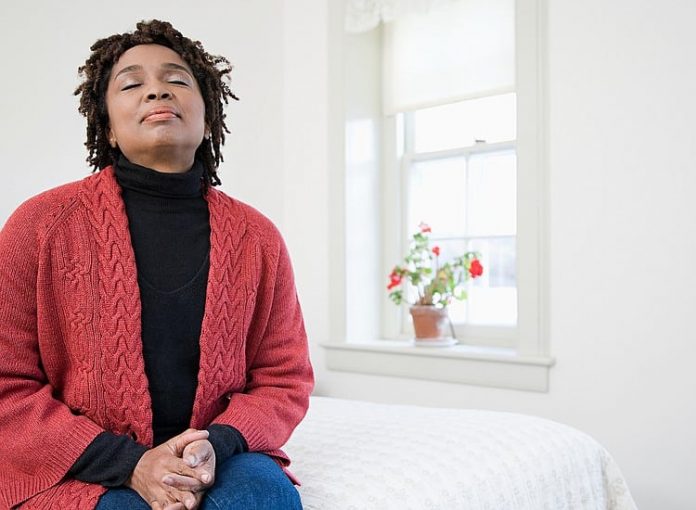Black women were 25 percent less likely to receive the drug within one year of diagnosis
Targeted drugs for a certain type of breast cancer—HER2-positive—have improved survival rates dramatically. But a new study found few older women with early-stage breast cancer of this type are getting the drugs. And the rates are even worse for older black women.
“This is significant because we know that there is a large number of women here who are not receiving a therapy that we know would give them a better chance of survival,” said lead author Katherine Reeder-Hayes, an assistant professor at the University of North Carolina School of Medicine.
The study, published in the Journal of Clinical Oncology, tracked use of the drug trastuzumab (Herceptin) among 1,362 women diagnosed with non-metastatic HER2-positive breast cancer in 2010 and 2011. The women were 66 years or older with Medicare insurance.
[Related: Breast Cancer Screening Guidelines Revised]
Insurance claims data show black women were 25 percent less likely to receive the drug within one year of diagnosis than white women, even after accounting for other factors that could influence access to the treatment, including poverty and the presence of other health conditions.
Overall, the researchers found approximately half of women in the study did not receive any trastuzumab. When their findings were separated by race, researchers found 50 percent of white women and 40 percent of black women received some trastuzumab therapy.
“Fifty percent of white women and 60 percent of black women didn’t get a drug that improves survival by nearly 40 percent. If confirmed, these are terrible numbers,” said study co-author Lisa Carey, professor of breast cancer research. “There was underutilization broadly of what is very effective therapy. We must find out why.”
Trastuzumab increases overall survival for HER2-postive breast cancers by 37 percent when combined with chemotherapy. The finding that black women were less likely to receive this drug reveals differences by race, Reeder-Hayes said.
“In many ways, this is not surprising because we know that across many types of breast cancer therapy, black women are less likely to receive treatment for a clinically similar disease,” she said. “But one might hope that having a clear biological marker of eligibility for a treatment would mitigate disparities because it would be an objective measure of who should receive the therapy.”
Researchers note the study didn’t account for several potential limitations that might affect a woman’s ability to be treated with trastuzumab. One of those limitations is cost. Trastuzumab is expensive (about $5,000 per infusion), and although patients in the study were insured by Medicare, there could have been variation in the use of supplemental insurance plans among the women studied.
Women without supplemental Medicare insurance would have to pay about 20 percent of that amount out of pocket. But researchers said they’re not sure the cost explains the shocking under utilization of what is a highly effective treatment for this type of cancer.
Other possible limitations include unreliable transportation or job insecurity.
“It may not be possible to understand exactly which of these things is the driver of a disparity in a particular area,” Reeder-Hayes said. “But I think it’s important to recognize that the package of those factors together can serve as a warning sign of people who may be vulnerable to not getting the care that they need.”






